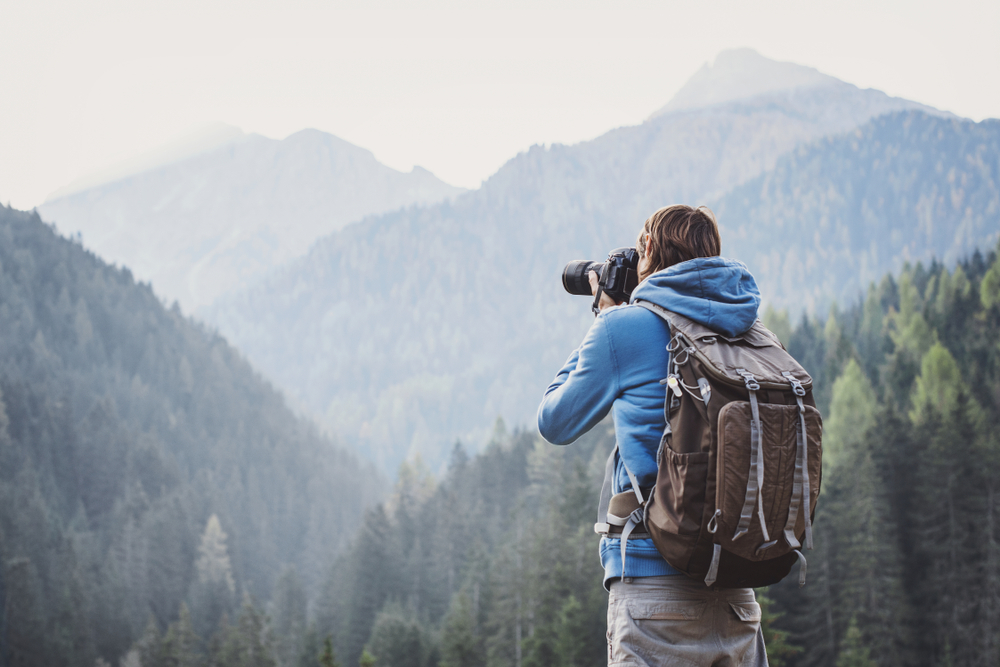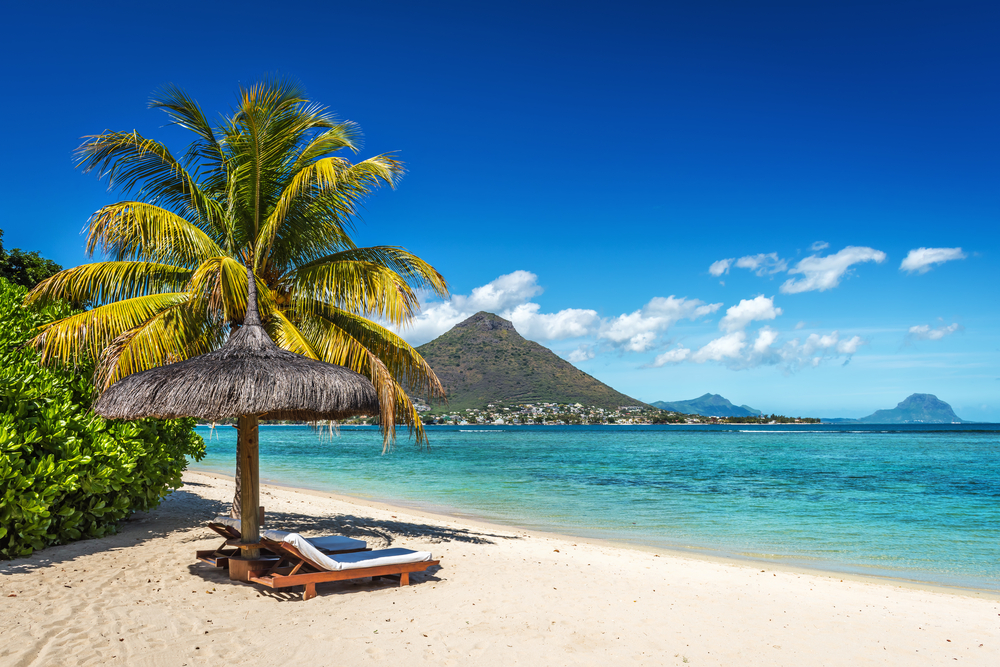For a lot of photographers, the act of traveling is a double-edged sword. We travel to be able to see the world and draw as much inspiration as we can from everything we see and experience. At the same time, the act of traveling often requires pushing out of our comfort zones and leaving behind a lot of the things that allow us to operate with fewer worries and limitations.
Traveling often involves the unpredictability of new surroundings, the randomness of photographic subjects, and the requirements (and limitations) of our gear. Travel is a huge equalizer that requires a lot of planning and a lot of energy to make sure that the experience is both productive and refreshing at the same time. Here are four things to keep in mind that might help you make the most out of your travel experiences no matter where you are going.
1. Don’t Let Unfavorable Weather Stop You
A lot of photographers get discouraged when the condition outdoors don’t seem to be optimal for photography. One reality that many of us have to accept is that the weather won’t always be pleasant, but that doesn’t mean that there won’t be anything worth photographing. Of course, one should always prioritize safety when the natural environment becomes dangerous, but for days when clouds cover the sky and maybe even a bit of intermittent rain falls, it might just be advantageous for you to push yourself to go out and make the most out of the day. This is especially true for trips with very limited time because you probably want to make the most out of the time, effort, and money that you dedicated for such an experience.
When we travel for the sake of photography, we do so with a wide variety of photographic goals. Personally, I spend my time yearning to see and photograph beautiful places around the world, both natural and man-made. Other people like to travel to photograph scenes on the streets, faces of the people they meet, and unique objects that represent and tell stories of that particular place. One important thing to remember is that these stories never stop due to bad weather. People in a particular place continue their way of life amidst gloomy and cloudy skies. Landscapes have distinctly unique appearances even in rough weather, and city life goes on to glow even on a rainy night.
While the weather may change what you see and photograph, it doesn’t meant that there isn’t anything to capture at all. If you find ways to continue exploring a place even when the conditions are not what you expected, and you learn to adapt to what the place is offering to show you for that particular day, you will never run out of discoveries and stories to tell.
2. Give Yourself Some Wiggle Room
As travelers and even as photographers, we are told to always plan, plan, and plan. With limited time in a particular place, there is, of course, undeniable value in having a solid plan on when and where to go at a certain time in order to make the most out of your trip. However, we also have the tendency to be too fixated on following a schedule and simply getting from one place to another that we forget to actually experience the place and gather personal memories along the way.
We must always remember that there is so much value in allowing yourself to get lost (to an extent) in order to feed your curiosity and make memorable discoveries. It is, of course, not advisable to start a trip with absolutely no plans, but it’s great to know when you can take a few steps back and play things by ear.
In our recent trip to Hong Kong, we made a simple list of the things we wanted to see and the places we wanted to photograph. We put them in no particular order and assessed what was feasible on one particular day and basically chose where we felt like going. At the same time, we gave ourselves a couple of hours in the afternoon to see new and random places where we don’t even know what we will see. With just four days in the city, we can definitely say that we made the most of the experience because our craving to do photography in the city was satisfied equally by the shots that we planned to do and the scenes and stories that we stumbled upon along the way.
3. Don’t Forget To Be a Tourist
It’s important to take into consideration everything that you need to be able to survive being away from home for a few days. Of course, one of the most basic steps is arranging for transportation and lodging, and both of them have so much impact on your overall experience. Remember that being in a place where you don’t feel safe or comfortable will affect every other aspect of your trip, which is why it is definitely reasonable to pay for a little extra comfort if you can afford it.
You’re also inevitably going to have to eat, which is why it makes sense to also explore when it comes to food. This doesn’t really mean that you should splurge on the most expensive restaurants, but instead, make the search for good memorable food part of your exploration. Travel guides and articles will probably tell you all the popular places, but it’s also beneficial to ask locals where they like to eat around the area. If you’re into other things worth checking out such as coffee, tea, or even shopping, these give you opportunities to rest for a few minutes while still experiencing life in the place you’re visiting.
4. Connect With People
In most travel destinations, it is inevitable that you will meet people along the way. The world may be beautiful on its own, but a lot of the things we photograph when we travel are due to how people bring places to life. No matter where you go, you never lose anything by meeting people and making new friends.
Everywhere you go, you will meet people who embody the identity of the place that you’re visiting — people who work at hotels and restaurants, fellow travelers, or random strangers living their daily lives. If you’re looking for unique stories and if you want to learn about a place on a deeper level, it will be from the stories of the people around you.
At the same time, in a world where communication happens very quickly no matter the distance, it is very likely that you have talked to or even worked with people from this new place that you are visiting. Taking a few hours to meet with them in person and learning about them and their place will literally open more doors for you.
Traveling for photography can be both relaxing and stressful at the same time. When your passion to take photos bring you around the world and push you to leave your comfort zone, making the most out of the trip should also mean giving yourself room to be comfortable enough to actually enjoy the experience.



